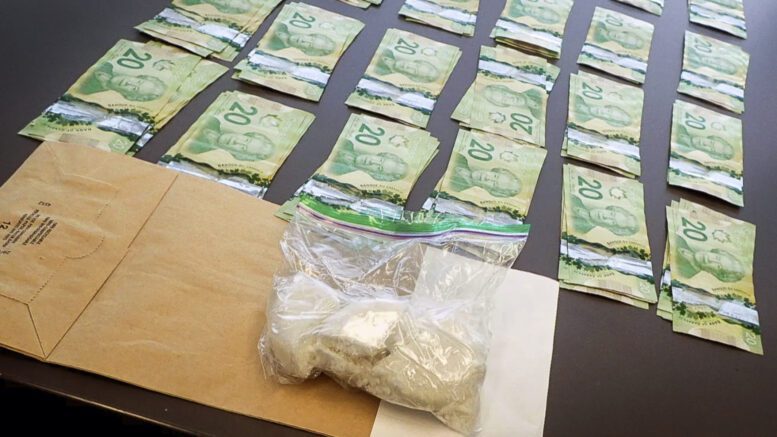The illegal drug scourge “in the community of Inuvik, and in the Northwest Territories in general” is so bad, police might be excused if they are a bit loose with a suspected cocaine dealer’s Charter rights.
The NWT Supreme Court’s bench has for years expressed frustration and disgust for outsiders coming to the NWT just to peddle crack, powder cocaine and, the most lethal, fentanyl.
The NWT Court of Appeal denied an appeal from an Edmonton drug dealer busted in Inuvik.
Ali Omar had alleged the Supreme Court trial judge was wrong to “exercise her discretion” after some of the evidence was obtained in violation of the Canadian Charter of Rights and Freedoms’ unreasonable search and seizure section.
Omar argued the trial judge’s, “concern for the community of lnuvik caused her to overemphasize the seriousness of the appellant’s offence and place more weight on this factor than was warranted.”
Stated the three-justice panel: “We disagree.”
“It was relevant for the trial judge to consider the impact of the alleged criminal activity in the community in which it occurred,” read a decision released Wednesday.
“This is not to say police have license to disregard Charter rights in some communities. The relevant circumstances cannot be disconnected from their real-world context.”
Greed motivated Omar to become a key player in Inuvik’s cocaine trade until he was arrested in March 2019.
Omar was found with large rolls of cash and a digital scale covered in cocaine residue in his Inuvik motel room.
After a trial, he was convicted this year of possession of property obtained by crime.
NWT Supreme Court then-chief Justice Louise Charbonneau subsequently sentenced Omar to 26 months in prison for the crime.
Charbonneau, who is now retired, said northern courts take crimes involving the drug trade seriously because of how destructive that trade is to communities.
She said Omar’s story was similar to that of other young men who have been lured by the promise of quick and easy money by taking advantage of the market in the North, without thinking about the harm it could cause.
Omar’s appeal argued he had been arbitrarily detained during a traffic stop, and then subjected to an unlawful search because the warrant for the hotel room was invalidly obtained.





